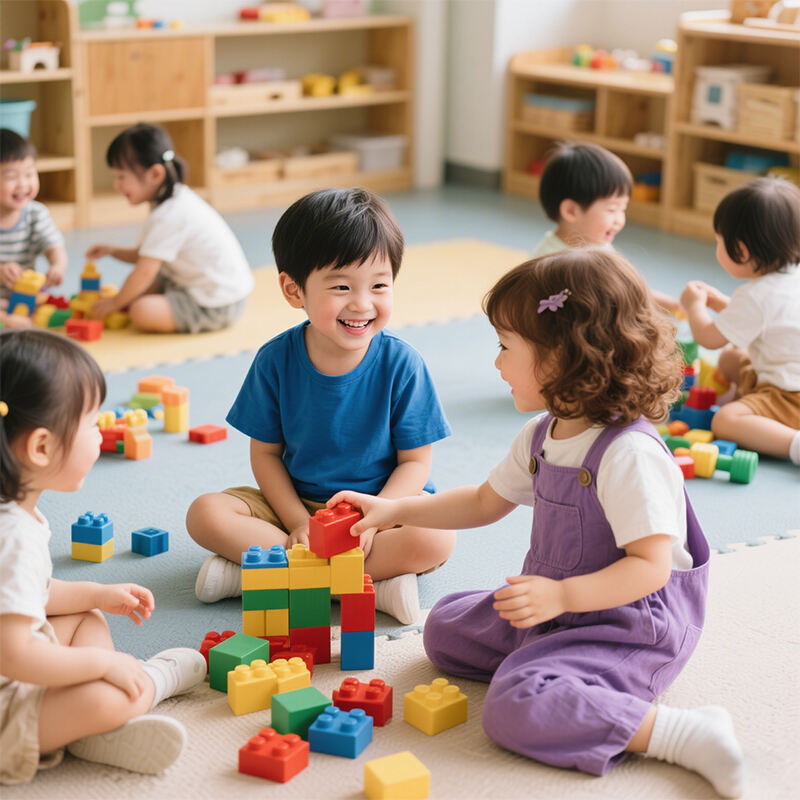early childhood development education
Early childhood development education represents a comprehensive approach to fostering children's growth during their most formative years, typically from birth to age eight. This educational framework encompasses various developmental domains, including cognitive, social, emotional, and physical growth. Modern early childhood education integrates traditional learning methods with innovative technological tools, such as interactive learning apps, smart boards, and educational software designed specifically for young learners. These technological features enhance engagement and provide personalized learning experiences while maintaining age-appropriate content delivery. The system emphasizes hands-on learning experiences, structured play-based activities, and developmentally appropriate practices that support children's natural curiosity and desire to explore. Core functions include literacy and numeracy development, social skills enhancement, emotional regulation, and physical coordination activities. The applications of early childhood development education extend beyond traditional classroom settings to include home-based learning environments, community centers, and digital platforms that support remote learning opportunities. This educational approach also incorporates regular assessment and monitoring of children's progress, utilizing both traditional observation methods and modern tracking tools to ensure optimal development across all learning domains.


